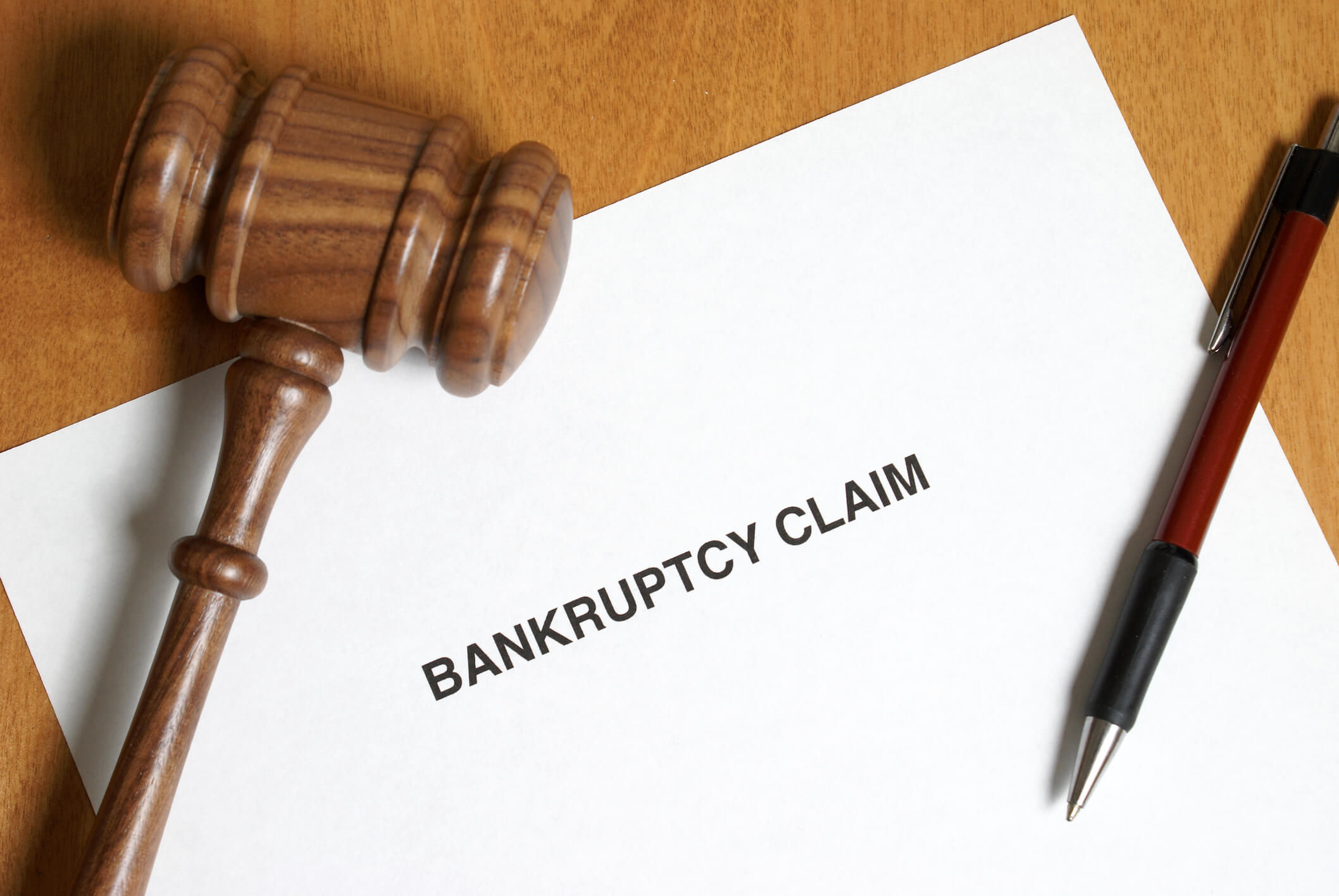When individuals, couples, or businesses become financially devastated, they may have to file for bankruptcy as there may be no other alternative. When people think about bankruptcy, they think it is an adverse option or irreversible solution to their financial issues. Bankruptcy can indeed be a financial set back however it is generally a relief to those struggling with huge financial burdens or losses. Here are seven things you need to know about bankruptcy before filing.

Bankruptcy Is Not a Quick Process
Many are under the false impression that bankruptcy is easy to do once the decision is made to file. However, there is a long process. First, you must hire a lawyer and discuss your options financially. Once you get to court, the process does not move any more quickly. While small court usually claims only last a day, bankruptcy can take anywhere from six months to a year to complete. The length of time it takes depends on the type of bankruptcy you are filing; generally, individuals file Chapter 7 bankruptcy. Other common types of bankruptcy are Chapter 13 and Chapter 11, which can take anywhere from six months to five years depending on the issues’ complications. If you decide to file bankruptcy, be ready for a long and drawn-out process.
Bankruptcy Opens Your Finances to Public Scrutiny
Because bankruptcy is conducted in a public courtroom, this can open your financial situation to the public. This generally does not cause issues as most people are not under a microscope by public members. However, if a future employer or business partner were to launch a background check, they would see a meticulous accounting of your finances. This could cause issues in employment and future business endeavors as well as other financial investments or needs.

Complete Disclosure Is Required
Many people see bankruptcy as an embarrassment. It is also exceedingly difficult for someone to decide to do. However, despite this embarrassment, a person filing bankruptcy needs to give Full disclosure to their lawyer and those handling their case. This means you cannot leave out a single debt, I said, or creditor information. If later it is discovered that you held back important information to your case, you can lose your case, and in some cases, there could be an investigation by the FBI or other agencies. Bankruptcy fraud is a considerable crime that can involve possible jail time and fines.
Bankruptcy Forms Are Complicated
While most forms that the government requires are complicated to navigate, there is no exception for bankruptcy forms. There is a multitude of forms and other papers that are needed when filing bankruptcy. These forms and the required paperwork can be very difficult to navigate if you have no experience.

The Bankruptcy Discharge Protects Only You
Bankruptcy is only for the person filing for it. If you had cosigners on any of your loans, they are still vulnerable and held responsible for the entire T of what is owed by creditors. Though they will have signed for your debt to fall to them if you go into default, they are not covered if you file and are successfully granted bankruptcy. It is suggested that you work out a plan with your cosigner before you file for bankruptcy.
Filing for Bankruptcy Is Expensive
Bankruptcy is not a cheap endeavor. It can cost you hundreds or even thousands of dollars, depending on the lawyer and the length of time it takes to settle your case. In some cases, lawyers will make contingency contracts in which they will not charge you if you were unsuccessful in obtaining bankruptcy. It can also be expensive in your financial situation as it will continue to grow into more debt as you are working your way through the system.
Declaring Bankruptcy Affects Your Credit for Years
It is a no-brainer that bankruptcy will cause you to have a poor credit score for years to come. This alone makes the decision very difficult because it takes longer for bankruptcy to fall off your credit score, unlike other creditor information. This will cause you difficulty in making purchases such as a car or a home.
You can work to build your credit just like you can when you don’t have bankruptcy. However, keep in mind this would require you to get more credit lines, which would lead to more debt to creditors. The point of filing bankruptcy is to get yourself on a clean slate and to stay there. So getting lines of credit to counteract the poor credit rating is not ideal.
 About Complete Controller® – America’s Bookkeeping Experts Complete Controller is the Nation’s Leader in virtual bookkeeping, providing service to businesses and households alike. Utilizing Complete Controller’s technology, clients gain access to a cloud-hosted desktop where their entire team and tax accountant may access the QuickBooks™️ file, critical financial documents, and back-office tools in an efficient and secure environment. Complete Controller’s team of certified US-based accounting professionals provide bookkeeping, record storage, performance reporting, and controller services including training, cash-flow management, budgeting and forecasting, process and controls advisement, and bill-pay. With flat-rate service plans, Complete Controller is the most cost-effective expert accounting solution for business, family-office, trusts, and households of any size or complexity.
About Complete Controller® – America’s Bookkeeping Experts Complete Controller is the Nation’s Leader in virtual bookkeeping, providing service to businesses and households alike. Utilizing Complete Controller’s technology, clients gain access to a cloud-hosted desktop where their entire team and tax accountant may access the QuickBooks™️ file, critical financial documents, and back-office tools in an efficient and secure environment. Complete Controller’s team of certified US-based accounting professionals provide bookkeeping, record storage, performance reporting, and controller services including training, cash-flow management, budgeting and forecasting, process and controls advisement, and bill-pay. With flat-rate service plans, Complete Controller is the most cost-effective expert accounting solution for business, family-office, trusts, and households of any size or complexity.




